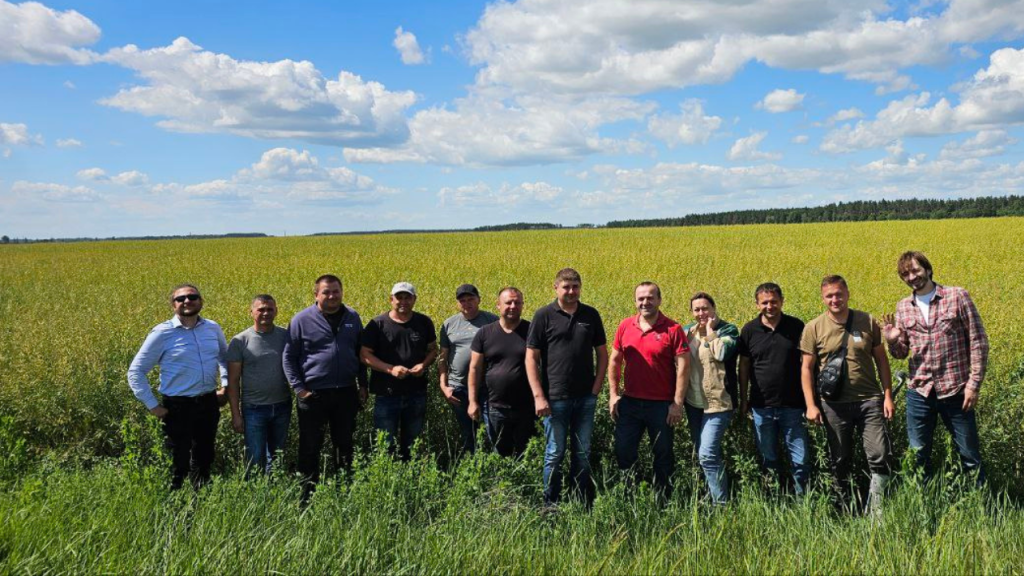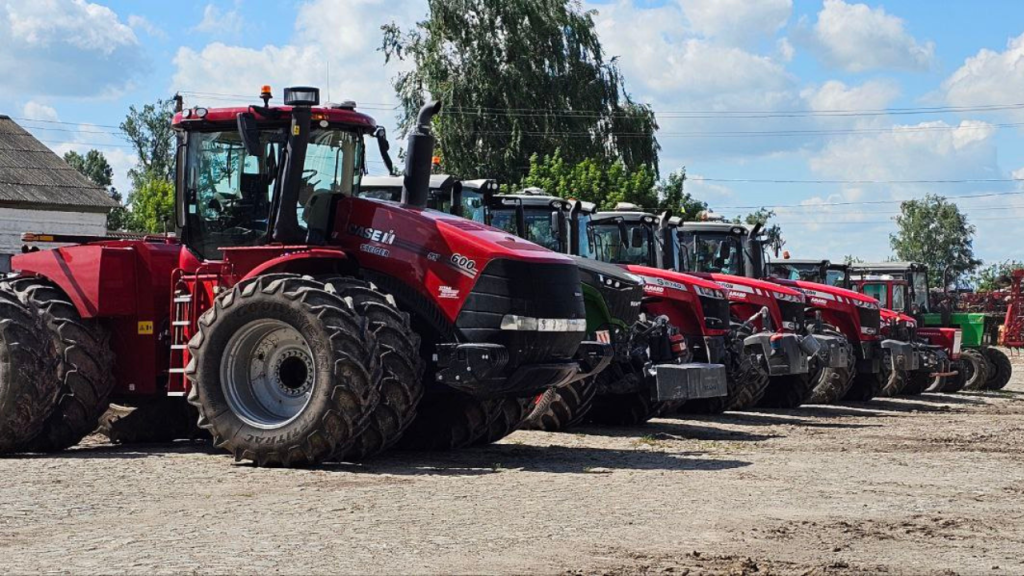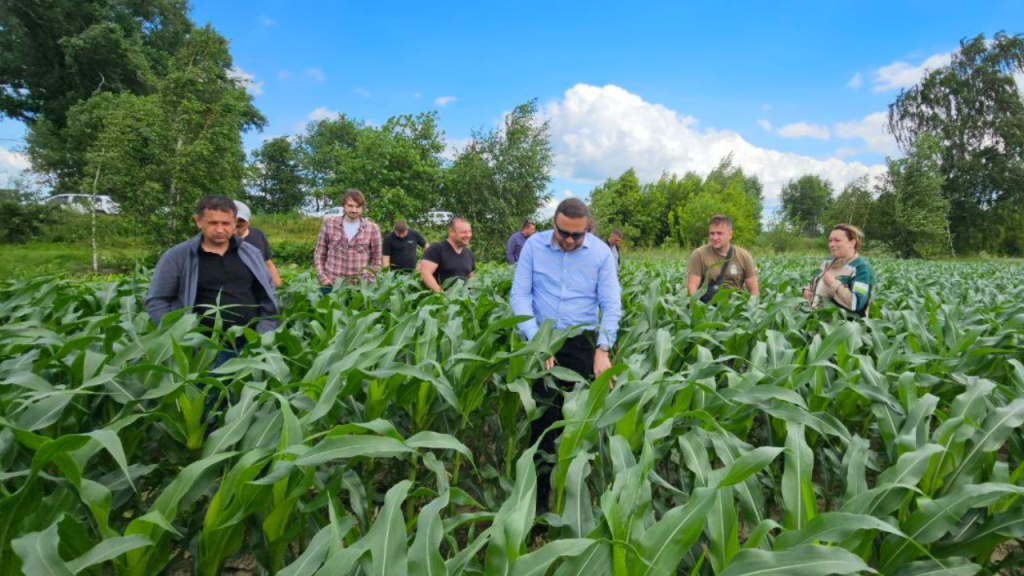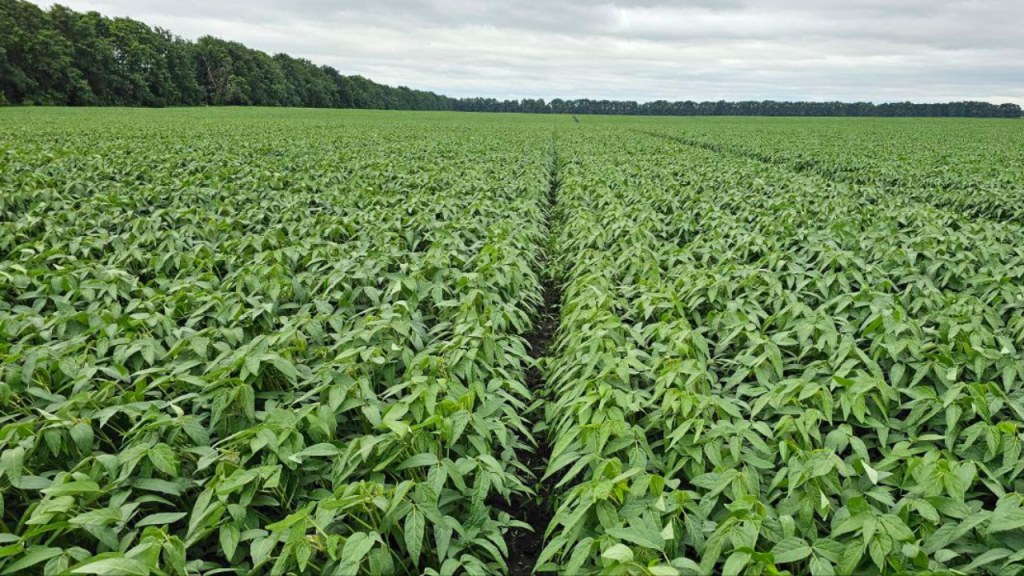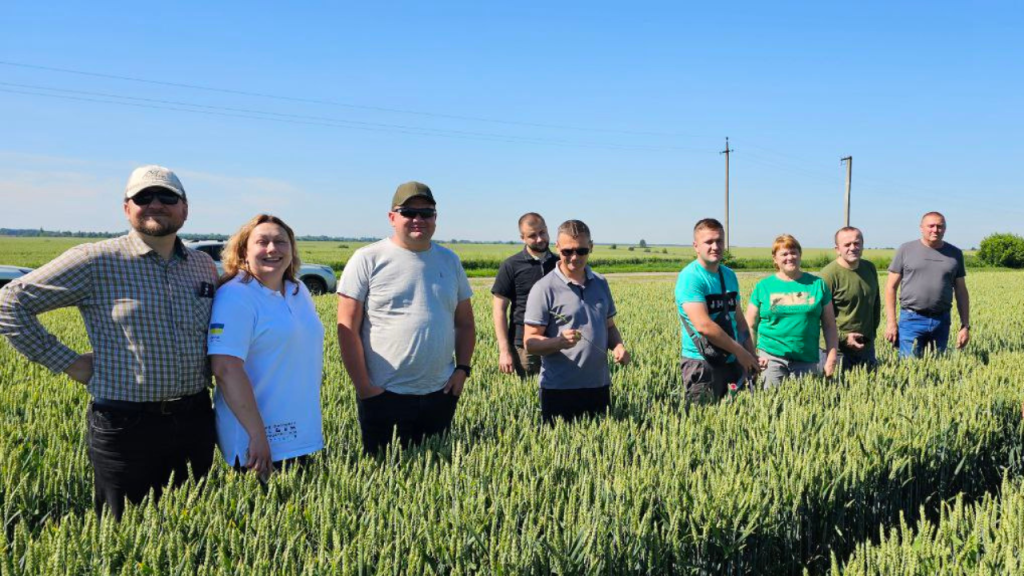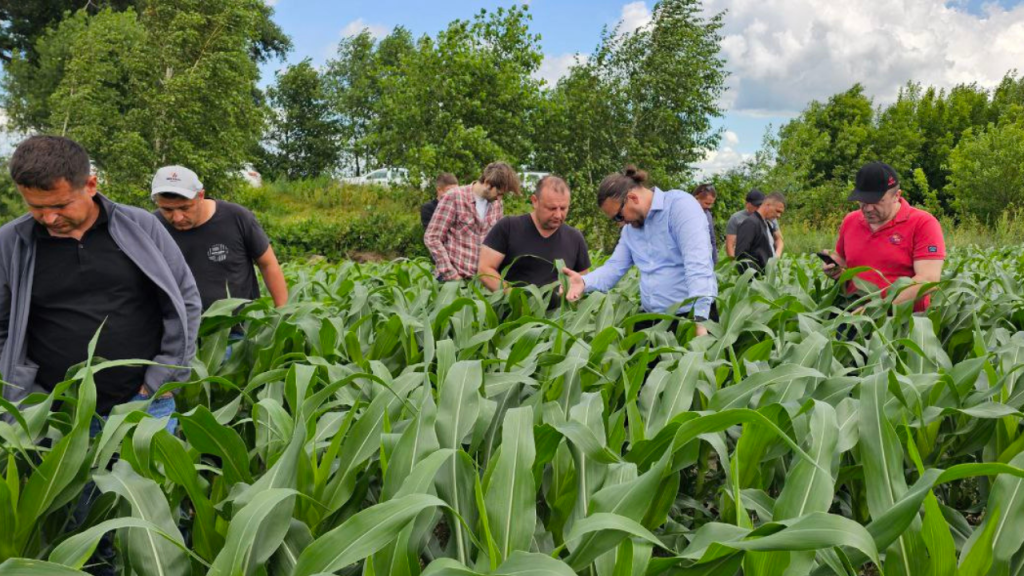Agro-Region conducted its traditional field tour
01. 07. 24
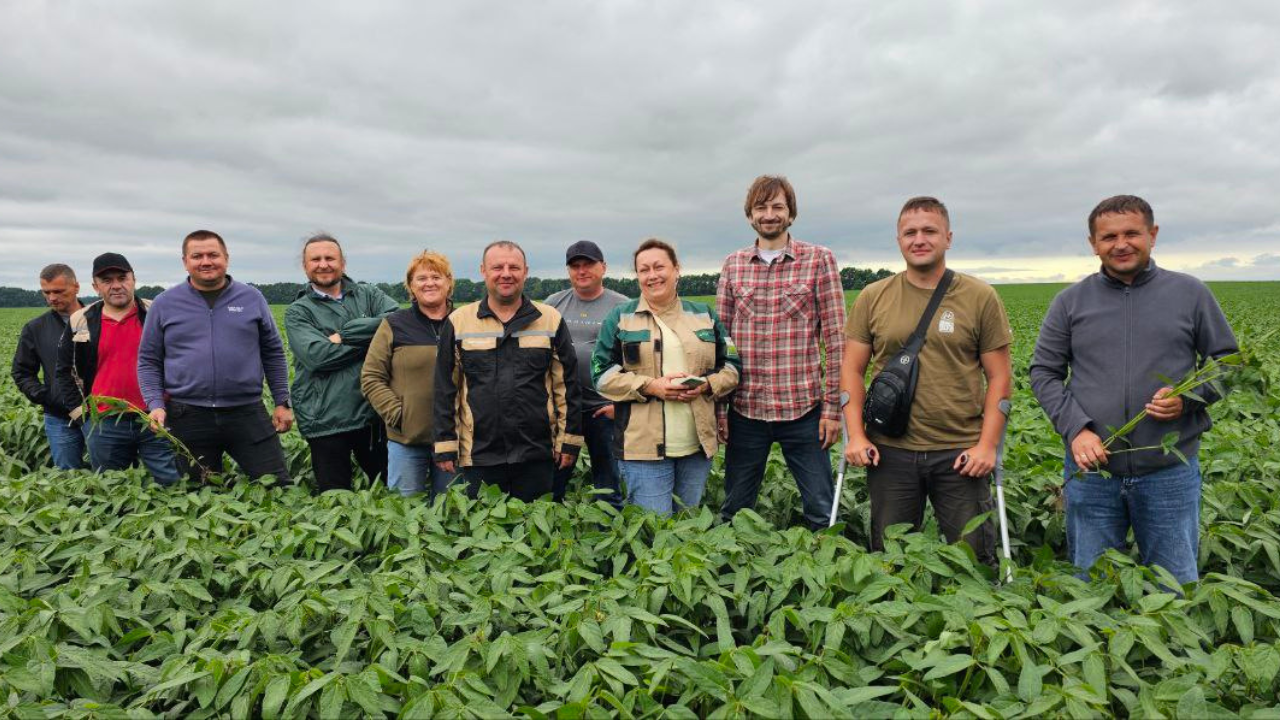
The Agro-Region Group of Companies held its annual field tour with the participation of heads of production units, engineers, agronomists, and representatives from non-production departments of the company.
“This event takes place every year before the start of the harvest season. Its purpose is to facilitate the exchange of experience among agronomists from the Kyiv, Chernihiv, and Western clusters, whose fields differ in climate conditions and soils. The heads of production units assess the state of the crops and the readiness of the equipment for the harvest, while representatives from other departments (logistics, dispatch service, etc.) gain a better understanding of how field operations are organized,” notes chief agronomist Yurii Lysak.
In turn, Agro-Region’s head of the dispatch department, Nina Kharchenko, highlighted the positive benefits of such events. According to her, they inspected the condition of various crops, including experimental plots and hybridization areas, which allowed them to draw conclusions about crop development.
“Each unit views production processes with its own nuances. Such events provide a better understanding of how the agronomic, engineering, and logistics services operate. For me personally, it was useful to understand how the locations for crop unloading during the harvest are selected and how to plan logistics better. We had the opportunity to evaluate innovative solutions, particularly the desiccation of rapeseed using drones. We also attended interesting lectures on the features of the main crops grown in Agro-Region fields,” adds Nina Kharchenko.
Leading logistics specialist for road transportation in the Agro-Region Group, Khrystyna Hulida, adds that assessing the condition of various crops provided an opportunity to make forecasts for the upcoming harvest.
“We also had the chance to learn from colleagues in the production units, who have vast and successful experience in agronomic practices at Agro-Region, learn about new technologies, discuss the nuances of crop cultivation, the use of plant protection products, and more,” summarized Khrystyna Hulida.
